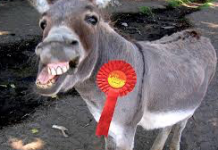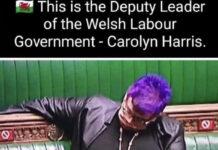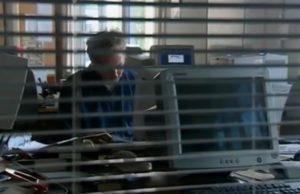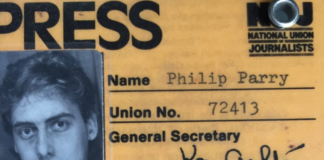- Independent news - 29th April 2024
- Judge and jury… - 26th April 2024
- From Russia without love… - 25th April 2024

Leading policy-makers and figures in the property world have condemned consideration of a rent freeze, and controversial moves to tax second-home owners, by the Welsh Government (WG).
They have warned that there could be severe ‘unintended consequences’, and destruction of an aim to make more homes available for people.

The action to make second home ownership unattractive, has drawn particular condemnation from local business people who are alarmed that it may actually have the opposite effect
There is to be an enforcement of payment by second-home owners of an enormous council tax penalty, by charging them premiums of up to 300 per cent, but some in Wales have warned that this could lead to another ‘unintended consequence’, amid allegations that tourist hotspots might be turned into “ghost towns”.
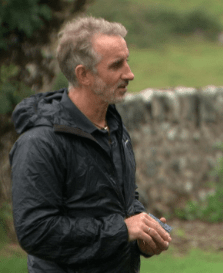
Gwion Llwyd, who represents around 200 holiday let owners in Wales, declared: “(People are) going to take the kitchen out, rip the bathroom out so it doesn’t class as accommodation anymore, and give up on the business. So that (property) will sit empty now and contribute nothing to the local economy.”. However it appears that Mr Llwyd is not alone in protesting.
Nigel Jones, who runs a local shop in Abersoch in Gwynedd, said the policy won’t do anything to increase affordable housing, but will only hit the local economy.
“They’re actually probably killing the market to be honest”, he proclaimed. “It won’t do anyone any favours, (Abersoch will) just become a ghost town because the houses are so expensive here. I don’t think any local will ever be able to afford it. What Gwynedd (council) should do is build more houses for locals rather than tax the second homes so much”.
The possibility of ‘unintended consequences’ in other areas of Wales, has particularly worried critics of the WG’s policy towards the rented sector generally.
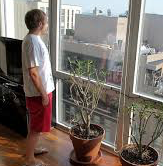
One investor who owns 27 properties around Cardiff told The Eye: “This rent freeze is totally bonkers. It will just mean that a lot of buy-to-let landlords will get out of the market, including me, so there will be fewer homes to rent.”
Another problem could be the international student market, where people require good quality rented accommodation, and which might be badly affected by the prospect of fewer places to rent.
Wales might be particularly badly affected here, as figures show that it has more higher education institutions, and a greater proportion of overseas students per head than most other areas of the UK. They are a major revenue stream for universities, and now provide a fifth of all income.

A senior civil servant said: “We must warn ministers there could be serious ‘unintended consequences’ with this policy”.
This is a reference to policies which cause reactions exactly opposite to what is intended, as was seen historically in the property market with the window and other taxes.
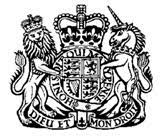
 The window tax was first imposed in England in 1696, and was meant to be a progressive penalty to help poorer people, so that houses with a smaller number of windows (initially below 10 then reduced to eight) were exempt altogether.
The window tax was first imposed in England in 1696, and was meant to be a progressive penalty to help poorer people, so that houses with a smaller number of windows (initially below 10 then reduced to eight) were exempt altogether.
However it resulted in landlords boarding up windows, building smaller houses with less light that ensured they were then under the tax threshold, and prompting warnings about the health dangers for tenants living in darker homes.
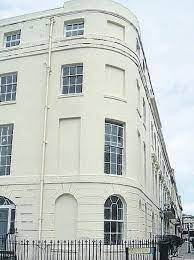 It was proclaimed that a health committee had “witnessed the very evil effect and operation of the window tax”.
It was proclaimed that a health committee had “witnessed the very evil effect and operation of the window tax”.
In an 1845 report covering Sunderland, inspectors wrote that: “…they do not hesitate to declare that it is their unanimous opinion that the blocking up of the numerous windows caused by the anxiety of their owners to escape the payment of the tax, has, in very many instances, greatly aggravated, and has even…in some cases been the primary cause of much sickness and mortality”.
In the 18th century came, too, the brick tax, which was also meant to help poorer people.
But the ‘unintended consequence’ of this was that houses were built in wood, which made them, of course, far more vulnerable to fire risk.
Yet similar, modern-day versions, are being considered, with more possible ‘unintended consequences’. This summer, the WG launched a consultation called ‘Securing a path towards adequate housing including fair rents and affordability’ which will be underway until September 15.
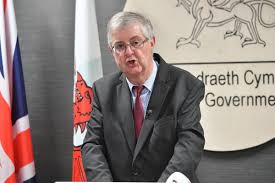
Officials want to hear from people on a range of ideas, including price rental ceilings and complete freezes.
Bizarrely the WG has cautioned against the policy of a rent freeze, and the First Minister of Wales (FMW) Mark Drakeford warned sternly, that any move like this would NOT be a “panacea”.
The possible policy also appears to be totally at odds with Labour at a UK level.

The Shadow Housing Secretary, Lisa Nandy MP, told the Housing 23 conference in Manchester that the introduction of rent controls would worsen the homelessness crisis.
She declared: “When housebuilding is falling off a cliff, and buy to let landlords are leaving the market, rent controls that cut rents for some will almost certainly leave others homeless”.
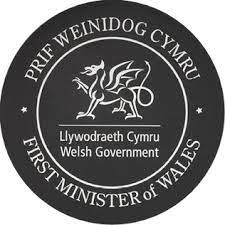

A recommendation of a rent freeze or controls could lead to the situation in Scotland where they have been imposed, but there were major negative impacts.
They have resulted in huge ‘unintended consequences’, with fewer homes being built.
A rent freeze set at 0 percent was in place from September 2022 until March 2023.
The Scottish Government (SG) then increased this to a cap of three percent in most instances from April 2023. This cap is currently in place until September 2023.
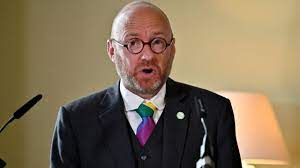
However, Patrick Harvie, Minister for Tenants’ Rights in Scotland, has said that he wishes to extend the measures until March 2024.
He has stated that: “The final date of 31 March 2024 would be as long as the rent cap and eviction protections could run if approved by Parliament”.

Stewart Thomson, owns five flats in Glasgow and Lanarkshire, yet believes that the SG has made life too difficult for him, and he is now selling a number of his properties.
Another landlord, Phillip Couser who is based in Stirling, wants safeguards for those owning property which is rented out, because they may themselves be struggling.
This all came as a crisis in home-building was becoming clear, even as the Prime Minister Rishi Sunak was accused of watering down its target following the threat of a rebellion from some Conservative MPs.

Officially the target set by the UK Government was that 300,000 new homes a year should have been built, but that figure was NEVER reached.
Yet even this hard and fast number has been effectively removed.
Officials now say: “Housing targets remain, but are a starting point, with new flexibilities to reflect local circumstances”.

However the circumstances may not be as intended if a rent freeze leads to fewer homes being built, and policy-makers as well as figures in the property world have condemned consideration of it.
The memories of our Editor Phil Parry’s astonishing 40-year award-winning career in journalism (including important political stories), as he was gripped by the rare neurological condition , Hereditary Spastic Paraplegia (HSP), have been released in a major book ‘A GOOD STORY’. Order the book now!

Regrettably publication of another book, however, was refused, because it was to have included names.
Tomorrow – why news that a major inquiry has been announced following the appalling Malkinson case when he was exonerated over a rape for which he wrongly spent 17 years in prison, underlines how pressure is now mounting for a full legal investigation into the behaviour of Wales’ biggest police force, after a series of high-profile miscarriages of justice.







